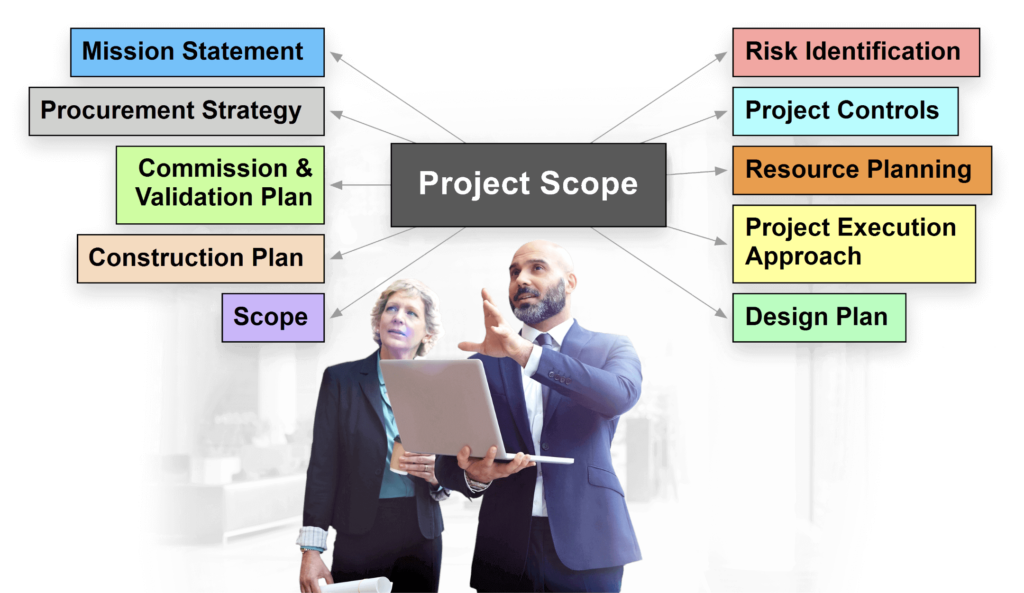Budgeting Your Construction Project: A Step-by-Step Guide
Budgeting Your Construction Project: A Step-by-Step Guide
Effective budgeting is crucial for the success of any construction project. A well-planned budget helps ensure that a project is completed on time, within scope, and within financial constraints. At Carry Construction, we understand that accurate budgeting can make or break a project. Whether you’re planning a residential build, commercial space, or renovation, this step-by-step guide will help you navigate the budgeting process with confidence.
1. Define the Scope of the Project

Before you can create a budget, it’s essential to have a clear understanding of the project scope. This involves defining what the project will include, from design and construction to finishing touches.
Key Steps:
- Project Goals: Outline the objectives of the project and what you hope to achieve.
- Detailed Specifications: Include detailed plans, materials, and finishes to avoid scope creep and unexpected costs.
- Timeline: Establish a timeline for the project, including key milestones and completion dates.
2. Estimate Costs
Estimating costs involves determining the expenses for each component of the project. This includes materials, labor, permits, and any additional expenses.
Cost Categories:
- Construction Materials: Calculate the cost of all building materials required for the project.
- Labor Costs: Include wages for construction workers, subcontractors, and any other personnel involved.
- Permits and Fees: Account for the cost of obtaining necessary permits and approvals.
- Contingency Funds: Set aside a percentage of the budget for unexpected costs or changes.
Tips:
- Get Multiple Quotes: Obtain quotes from multiple suppliers and contractors to ensure competitive pricing.
- Research Market Rates: Stay informed about current market rates for materials and labor to make accurate estimates.
3. Create a Budget Breakdown
A detailed budget breakdown helps you track and manage expenses throughout the project. This involves organizing costs into categories and allocating funds accordingly.
Budget Components:
- Direct Costs: Include expenses directly related to construction, such as materials and labor.
- Indirect Costs: Account for overhead costs, such as project management and administrative expenses.
- Fixed Costs: Costs that remain constant, like certain permits or equipment rentals.
- Variable Costs: Costs that may fluctuate, such as materials prices or labor rates.
4. Develop a Project Cash Flow Plan
A cash flow plan helps you manage the timing of expenses and ensure that you have sufficient funds available when needed.
Key Considerations:
- Payment Schedule: Establish a payment schedule for contractors and suppliers based on project milestones.
- Funding Sources: Identify and secure funding sources, such as loans, investments, or personal savings.
- Monitor Cash Flow: Regularly review and adjust the cash flow plan to accommodate any changes or delays.
5. Implement a Budget Tracking System
Tracking your budget throughout the project is essential for staying on top of expenses and avoiding cost overruns. Implementing a budget tracking system will help you manage and control costs effectively.
Tracking Tools:
- Budget Software: Use project management or budgeting software to track expenses and generate reports.
- Regular Reviews: Conduct regular budget reviews and compare actual expenses to the budgeted amounts.
- Adjustments: Make adjustments to the budget as needed based on changes in scope or unforeseen costs.
6. Manage Changes and Contingencies
Changes to the project scope or unforeseen issues can impact the budget. Having a plan for managing changes and contingencies will help you stay within budget.
Change Management:
- Change Orders: Document any changes to the project scope and their impact on the budget.
- Contingency Planning: Use contingency funds to cover unexpected costs without derailing the overall budget.
- Communication: Maintain clear communication with all stakeholders to address changes and their financial implications.
7. Review and Finalize the Budget
Once the project is complete, review the final expenses and compare them to the original budget. This helps identify any discrepancies and learn from the budgeting process.
Final Steps:
- Expense Reconciliation: Reconcile all expenses and ensure that all invoices and payments are accounted for.
- Final Report: Prepare a final budget report summarizing the total costs and any variances from the original budget.
- Lessons Learned: Evaluate the budgeting process and identify areas for improvement in future projects.
Conclusion: Mastering Your Construction Budget
Budgeting is a critical component of successful construction project management. By defining the project scope, estimating costs, creating a detailed budget breakdown, and tracking expenses, you can ensure that your project stays on track and within financial constraints.
At Carry Construction, we are dedicated to helping our clients achieve their construction goals while managing budgets effectively. Whether you’re embarking on a new project or managing an existing one, our experienced team is here to provide guidance and support every step of the way.
Ready to Start Your Construction Project?

If you’re planning a construction project and need expert assistance with budgeting and project management, contact Carry Construction today. Our team will work with you to develop a comprehensive budget and ensure a successful outcome for your project.
Meta Description: Learn how to budget your construction project with our step-by-step guide. Discover key strategies for estimating costs, tracking expenses, and managing changes. Contact Carry Construction for expert guidance.
Keywords: Construction budgeting, construction project management, budget planning, cost estimation, budget tracking, Carry Construction






Add comment